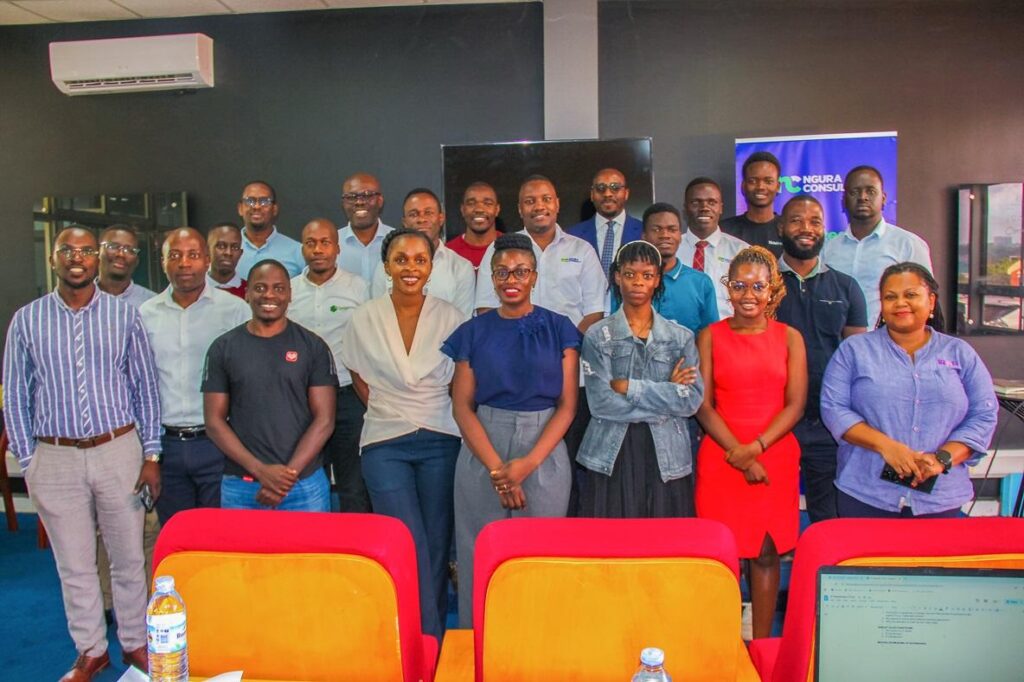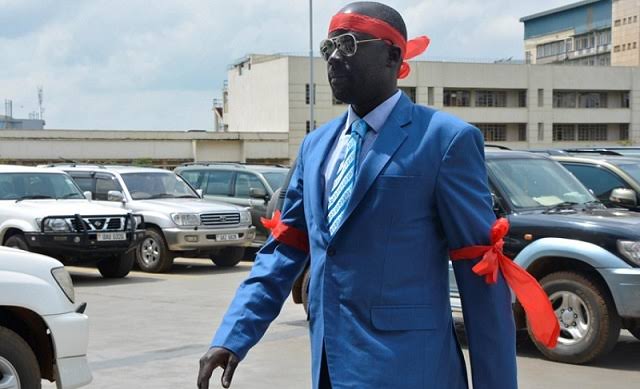The Democratic Republic of Congo (DRC), a nation grappling with vast geography and limited infrastructure, has officially joined the Starlink constellation. Elon Musk’s satellite internet service is now active, making the resource-rich Central African giant the 19th country on the continent where users can access high-speed broadband from space.
The arrival of Starlink, confirmed via its official availability map, marks a potential watershed moment for digital connectivity in the DRC. Despite being Africa’s second-largest country by landmass and possessing immense mineral wealth, reliable and affordable internet has remained elusive for the vast majority of its 100 million citizens. Current estimates place internet penetration around 20%-22%, heavily concentrated in urban centers like Kinshasa and Lubumbashi, leaving rural and remote regions largely in the digital dark. Therefore, in a country where less than 20% of the population has regular internet access, the service could be a game-changer.
For proponents, Starlink offers a tangible solution to a persistent problem. Traditional fiber optic cable deployment is prohibitively expensive and slow across the DRC’s dense rainforests, challenging terrain, and regions affected by instability. Satellite internet bypasses these terrestrial hurdles.
“This is a significant step,” commented a Kinshasa-based tech entrepreneur. “For businesses, researchers, NGOs working in remote areas, and even students in underserved communities, Starlink could unlock opportunities we’ve only dreamed of. Real-time data transfer, remote learning, telemedicine – these become possible.”
The potential impact is vast:
- Schools and universities in isolated areas could access global resources.
- Remote clinics could consult specialists and manage patient records digitally.
- Industries, especially in remote mining regions, could improve operations and logistics.
- NGOs and other humanitarian Aid organizations could coordinate efforts more effectively in crisis zones.
- Rural communities could finally gain access to information and communication tools.
However, the rollout sparks immediate questions about accessibility and equity. The primary barrier remains cost. The Starlink hardware kit, while reduced in price globally, still represents a significant investment for the average Congolese citizen. While monthly subscription fees vary across Africa, they are often substantially higher than basic mobile data plans, though offering vastly superior speed and reliability.
Availability is one thing, affordability is another. Without targeted subsidies, community access points, or innovative financing models, Starlink risks becoming a luxury service for the urban elite, multinational corporations, and NGOs, further widening the digital divide rather than closing it.
The government’s role in fostering accessibility will be critical. Will policies encourage shared access hubs in rural communities? Can partnerships be formed to subsidize costs for essential services like schools and clinics?
Starlink’s entry follows the DRC government’s move to authorize satellite internet services in late 2022, relaxing previous restrictions. Its arrival continues SpaceX’s aggressive African expansion. Starlink is now active in 19 nations, including Nigeria, Kenya, Mozambique, Rwanda, and Zambia. This rapid growth highlights both the continent’s immense unconnected population and the perceived market opportunity for satellite broadband.
Yet, Starlink isn’t operating in a vacuum. It faces competition from other ISPs, the rollout of terrestrial networks. Its long-term success in the DRC will depend on consistent service reliability, customer support, and crucially, its ability to make its offering truly accessible beyond major cities and wealthy users.
The activation of Starlink in the DRC is undeniably a major development. It brings a powerful new tool to the fight against digital exclusion in one of the world’s most challenging connectivity environments. It holds the promise of transforming education, healthcare, business, and communication for millions.
See also: Museveni welcomes Starlink’s bid to avail its satellite internet access in Uganda



